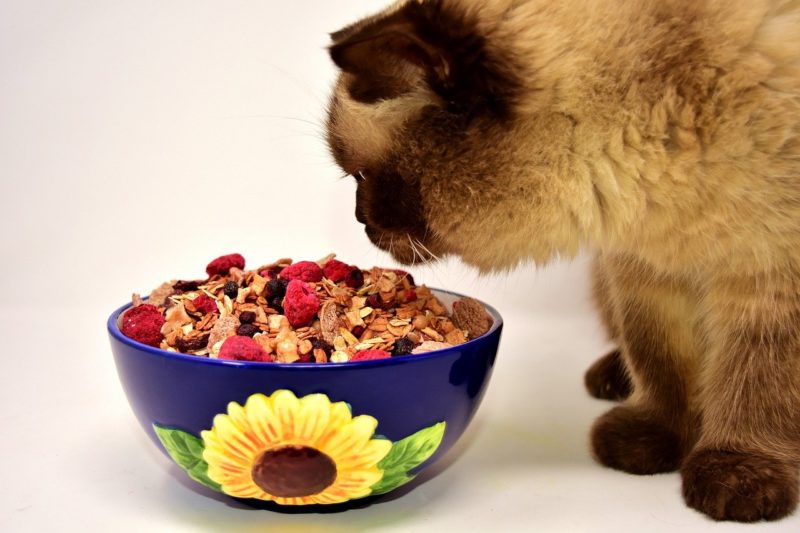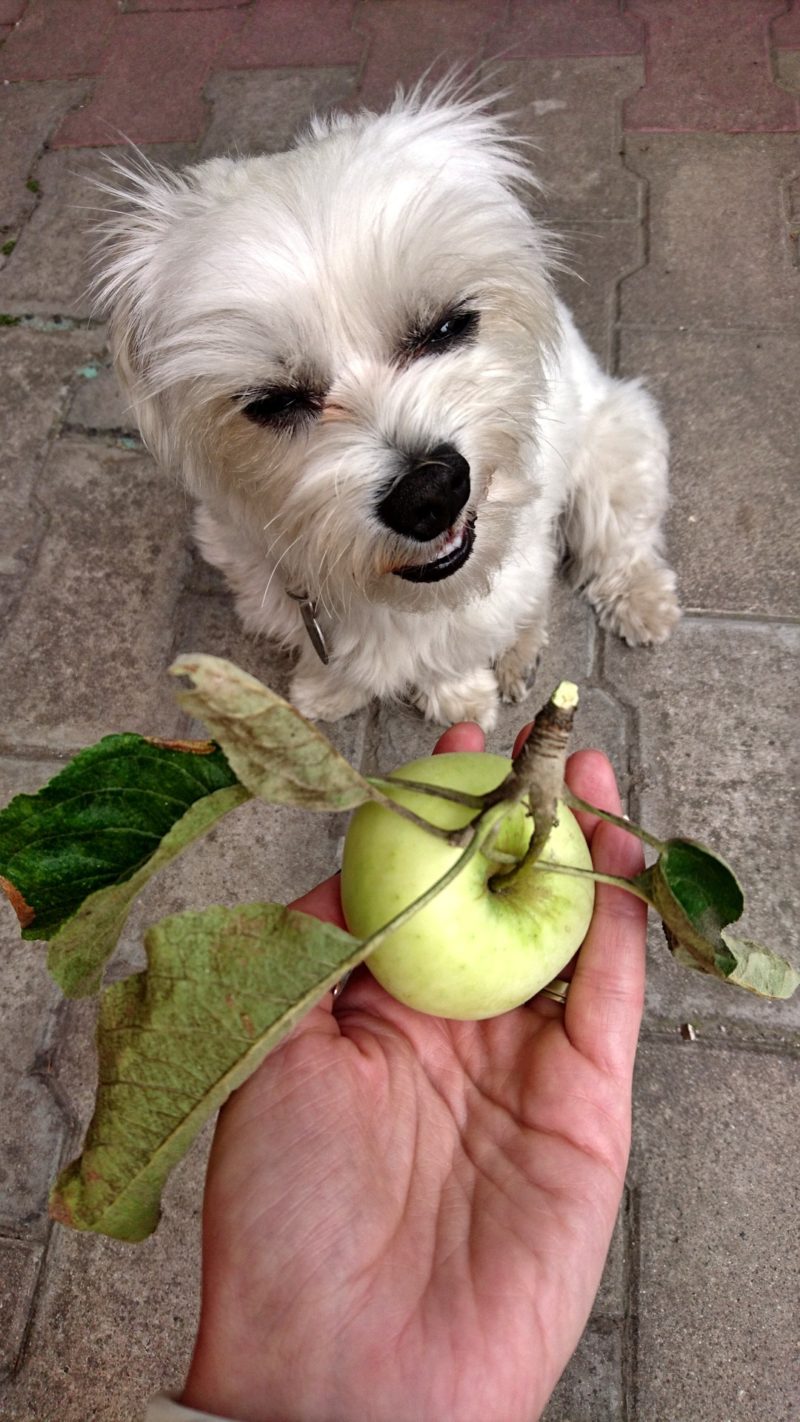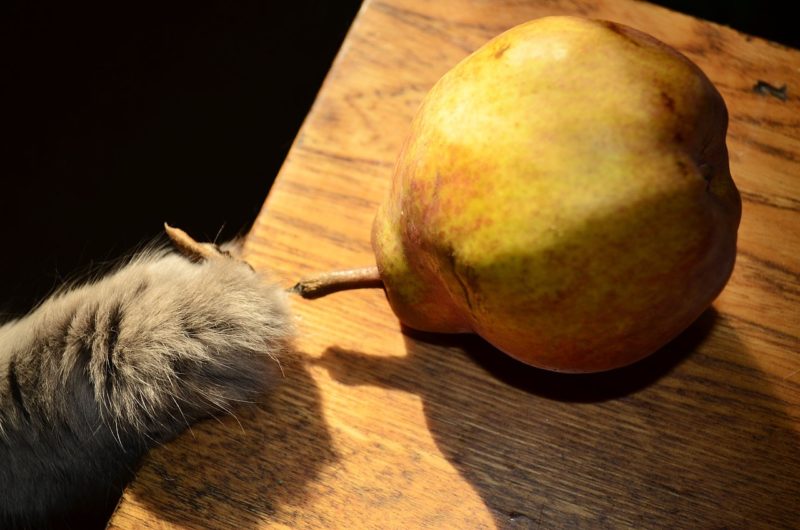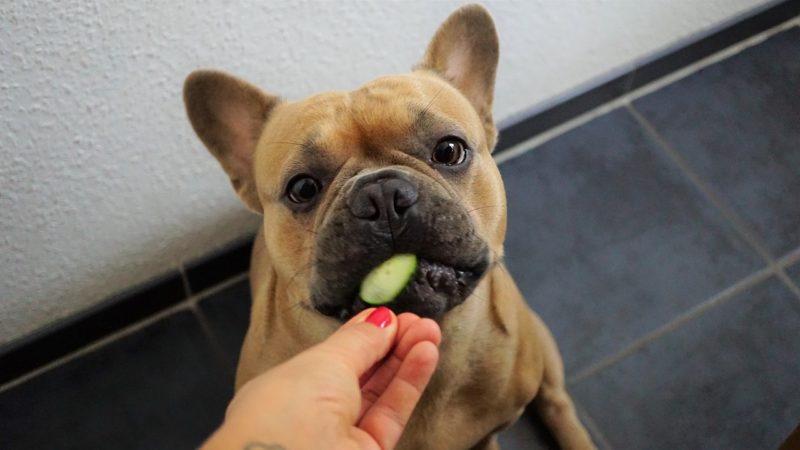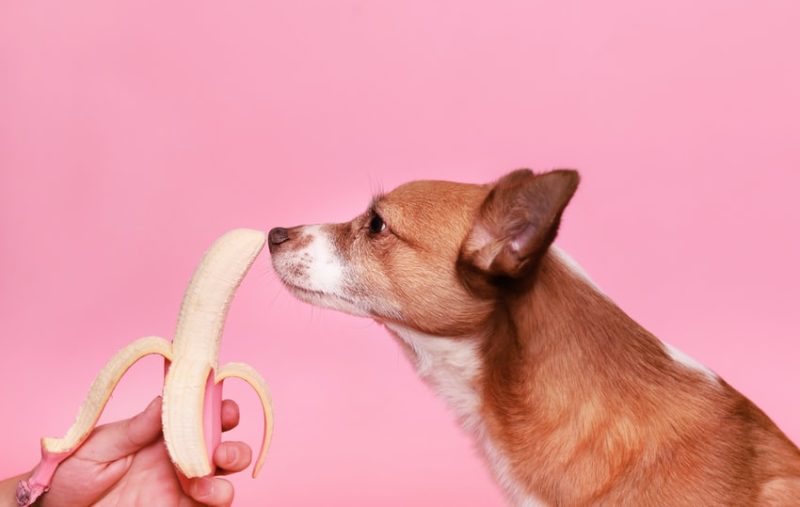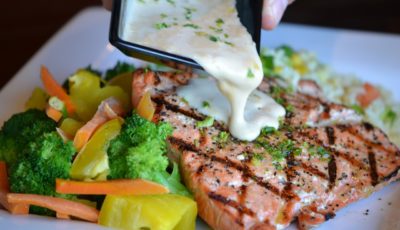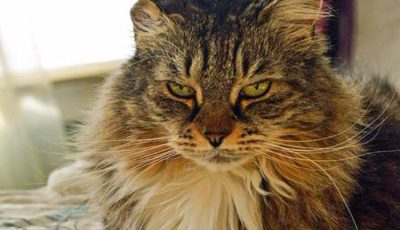Can You Feed Dogs and Cats a Vegetarian Diet?
The debate about whether people are herbivores or omnivores has been around for a long time. Both sides have many arguments, defending their point of view. Some move from one camp to another to find out the truth. Especially obsessed vegetarians and vegans are switching to a plant diet their pets too.
Due to some fashion for vegetarianism and animal protection, the business is not far behind. It is ready to offer unique goods for individual customers. In general, it is not difficult for modern science to develop a formula based on herbal ingredients and additives that meet the needs of the dog. The presence of taurine, L-carnitine, and alpha-lipoic acid is believed to be important in such feeds. On the other hand, most of these feeds contain soy, wheat, or corn, which often cause allergies. Also, according to the guide of a vegan diet for dogs on source, most of these diets are made up of rice, lentils and vegetables, amino acid supplements like L-carnitine and taurine, and vitamin and mineral supplements.
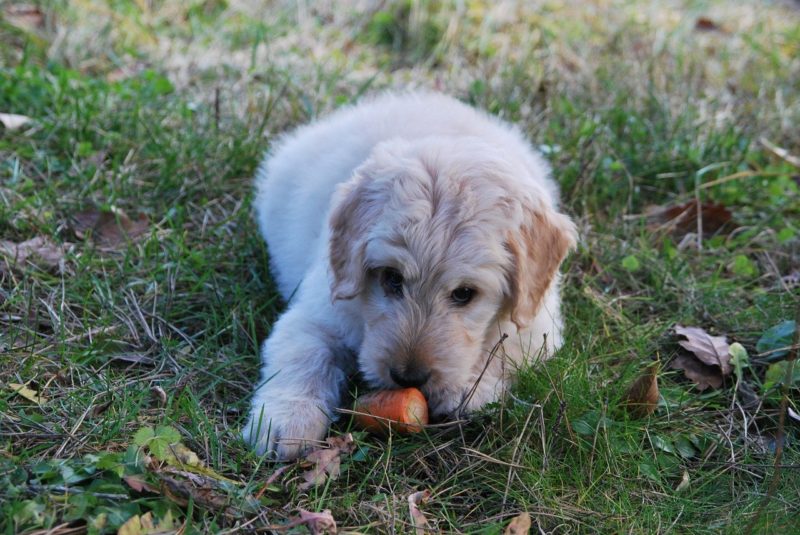
Ensure your cat gets regular exercise and look into online resources on feline nutrition and how to keep your cat in trim shape, like this one from All About Cats.
A study in the United States showed that 25% of the market feeds do not contain all the necessary nutrients. And a vegetarian diet, compiled at home, may not benefit the pets. A study conducted in Europe with 86 dogs showed that more than half were deficient in protein, essential amino acids, calcium, zinc, and vitamins D and B12.
Against Nature
Looking at dogs, for example, you can easily see predators in them: they have a short digestive tract, which helps digest fats and animal proteins. They do not have enzymes in the saliva, the joint of their jaw allows only up and down movement, unlike cows, for example, and the pharynx has a large opening for swallowing large pieces of food. All teeth are sharp, designed to nibble and bite, not chew. Thus, we see many signs of adaptation to a predominantly animal diet. Adaptation of dogs to plant foods in the process of domestication occurred not only at the enzyme level. In all animals, bacteria in the intestine to one degree or another participate in the digestion process. So is it worth changing the nature of the dog? Or is it better to get a rabbit or a mini-pig?
Recently in Australian news was featured a terrible story about a kitten that almost died because the vegan owner fed him potatoes, pasta, and rice milk. Cats are obligate predators, and without food of animal origin, they will not be able to live normally. In the best case, such cats will kill small local fauna – birds, mice, etc. on the street.
Health Risks For Vegetarian Pets
Some of the nutrients in a dog’s body are completely different than in humans. There are some examples.
- Vitamin D, unlike people, does not form in our pets in the skin, and therefore must come from food. Moreover, vitamin D3, which is precisely the body’s needs, is contained in products of animal origin.
- Plant sources include another form of this substance – vitamin D2. It can be processed by people and partly by dogs. But for cats, Vitamin D3 is vital.
- Taurine. This essential amino acid can be formed in the body of dogs, but only in cases where the food contains components for its construction. Cats cannot synthesize taurine at all—that why its intake with food is mandatory.
And, therefore, vegetarian diets can lead to the following problems in dogs:
-
- inadequate protein intake (at least 25 g per 1000 calories is recommended);
- the wrong ratio of amino acids in food, such as taurine and L-carnitine (for dogs), or essential fatty acids, such as arachidonic (for cats);
- lack of vitamins and minerals (B vitamins, calcium, phosphorus, and iron) comes only or mainly with animal products.
If such dietary problems persist for a long time, they can lead to severe and sometimes irreversible diseases. Veterinary medicine often refers to cardiomyopathy associated with taurine deficiency. In this condition, the heart muscle becomes flabby and lethargic, and the heart expands, gradually losing the ability to contract. A lack of taurine also leads to an inhibition of the growth and development of the animal, breaching the breeding cycle and eye problems.
Rules and regulations
If you are going to switch your dog or cat to a vegetarian diet, you need to think a lot before. This decision is not one that is easily and quickly made.
Here are some of the most critical points:
- Never feed puppies and kittens or pregnant animals with vegetarian food.
- Use only feed that has been tested and certified to meet the American Association for State Control of Feed Quality requirements.
- Consult with a veterinarian-nutritionist to evaluate the quality of the food you buy or prepare for your pet and recommend maintaining the animal’s health.
- Conduct routine examinations of the animal in a veterinary clinic more often, including blood tests – at least twice a year. This also applies to young animals converted to vegetarian food.
Superior nutrition for animals
For some diseases, veterinarians recommend special foods according to guide that contain, for example, egg or soy protein instead of meat. They are introduced into the animal’s diet for the diagnosis or treatment of conditions such as food allergies, liver diseases, urolithiasis. Such feeds are designed, tested, and created by large manufacturers specifically for sick animals.

When using them, the doctor carefully monitors the general health of the dog and reveals its changes. Nutritional Supplements for Vegetarian Dogs Owners who switch their pets to a plant-based diet often give them dietary supplements to compensate for the deficiency of certain nutrients. And this is correct and normal. However, it is worth considering that instead of the natural components of food, your pet receives chemically synthesized compounds that are not always safe.
So What Are The Risks?
First of all, the risk is that cats and dogs, which are converted to vegetarians, deprived of animal proteins, do not receive many of the essential substances for the normal functioning of the body. It must be remembered that many vitamins and amino acids of carnivores are absorbed quite differently than in humans.
Vitamin D is not synthesized in the skin of dogs and cats under the influence of ultraviolet radiation, so they should receive it with food. And it should be vitamin D3 contained in animal food, and not vitamin D2, the source of which is plant foods. A human and a vegetarian dog can be limited to vitamin D2 until a certain point, but a cat needs only vitamin D3.
Carnivores and B vitamins, as well as calcium, phosphorus, and iron, can be absorbed only from meat and other animal products. The same situation with amino acids, for example, with the most important of them – taurine. If the dog’s body can synthesize the required amount of taurine from other amino acids, then cats should receive it in its pure form and sufficient quantities only with food.
Veterinarians of the Swiss Association for the Protection of Animals encourage vegetarians to prudence. Although cats and dogs do not have to eat meat every day, it contains elements essential for their bodies, which they especially need during the growth period or during intensive training or activities. Any breed can eat only plants for some time. But if it has a choice, it will undoubtedly prefer meat.
Professionals who oppose the way vegetarians feed dogs and cats are sympathetic to the reasons why owners make such a choice. But there are also the interests of the dogs and cats, which are forced to eat food that they are not adapted to.
People do this for their own sake, not for the purpose of animals, but harm to their health can be avoided. To do this, convinced vegetarians instead of a dog or cat should get a bird, rabbit, or guinea pig.

